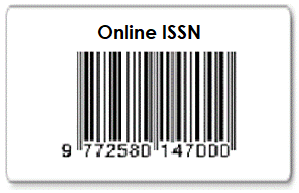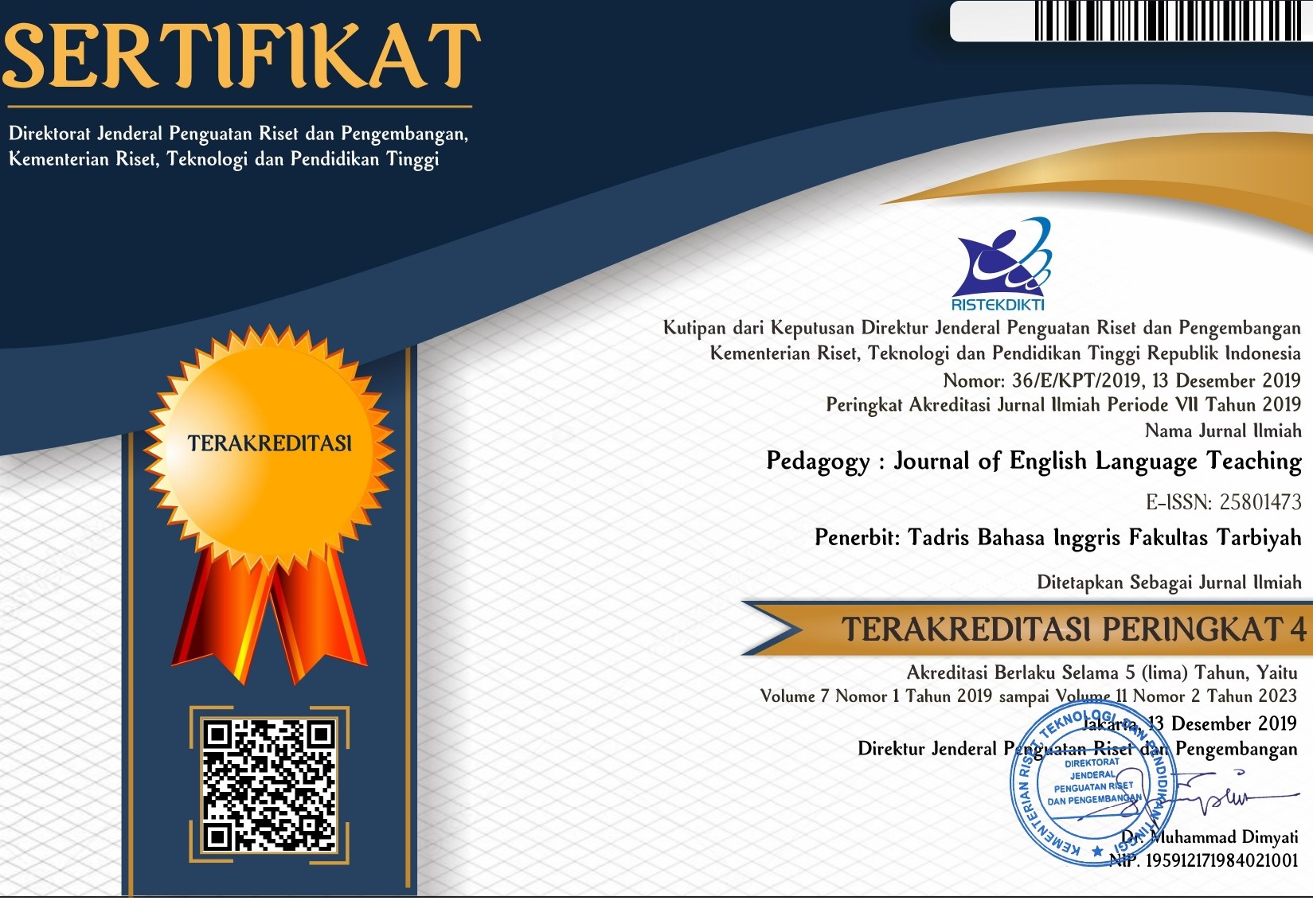Using Online Podcast as a Speaking Activity in Online Classroom
ESP Students’ Perspective
DOI:
https://doi.org/10.32332/joelt.v10i1.4602Keywords:
English for Specific Purpose, Online Classroom, Podcast, Students' PerspectiveAbstract
In digital era, English educators are required to improve the quality of the learning instruction by integrating technology in learning process. Yet, challenges occur in integrating technology in speaking activity. The aim of the current study was to seek for students’ perspectives on using online podcast as a speaking activity in online classroom. The study used qualitative approach with the total of 47 English for Specific Purpose students coming from Tourism Management program participated in the study. The data were gathered through questionnaire distribution and interview and analyzed through three stages, including data reduction, data display, and conclusion drawing. The result showed that most of the students perceived the online podcast as a positive activity for their speaking skill. Majority of the students admitted the use of online podcast in online classroom motivates them to practice their speaking, enhance their creativity, and improve their public speaking skill.
















